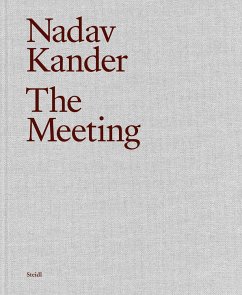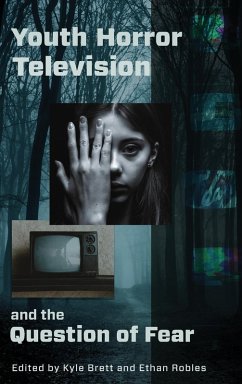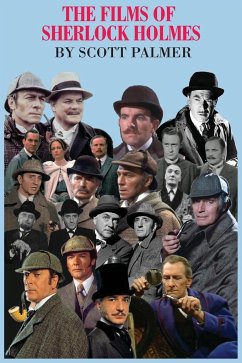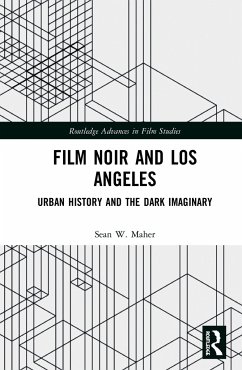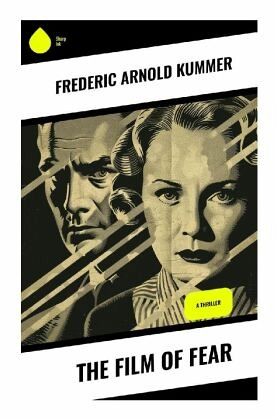
The Film of Fear
A Thriller
Versandkostenfrei!
Versandfertig in 6-10 Tagen
10,30 €
inkl. MwSt.
Weitere Ausgaben:

PAYBACK Punkte
0 °P sammeln!
In "The Film of Fear," Frederic Arnold Kummer delves into the intricate and often chilling realm of psychological suspense, employing a narrative style that balances vivid imagery with taut dialogue. Set against the backdrop of early 20th-century America, the novel explores themes of paranoia, identity, and the intersection of reality and illusion, reflecting the cultural anxieties of an era captivated by the burgeoning film industry. Kummer masterfully crafts a story that not only entertains but also compels readers to ponder the implications of fear on both individual and collective levels, ...
In "The Film of Fear," Frederic Arnold Kummer delves into the intricate and often chilling realm of psychological suspense, employing a narrative style that balances vivid imagery with taut dialogue. Set against the backdrop of early 20th-century America, the novel explores themes of paranoia, identity, and the intersection of reality and illusion, reflecting the cultural anxieties of an era captivated by the burgeoning film industry. Kummer masterfully crafts a story that not only entertains but also compels readers to ponder the implications of fear on both individual and collective levels, effectively capturing the zeitgeist of his time. Frederic Arnold Kummer was an influential figure in early American literature, noted for his contributions to both fiction and screenwriting. His experiences in the burgeoning world of cinema and theater informed his narrative techniques and character portrayals in "The Film of Fear." Kummer's ability to intertwine elements of suspense with the mechanics of filmmaking exemplifies not only his literary prowess but also his keen insight into the cultural dynamics at play during the 1920s, a time marked by technological advancement and societal change. For readers drawn to psychological thrillers and those interested in the historical intersection of literature and film, "The Film of Fear" stands as a compelling exploration of fear's power. Kummer's astute observations and engaging prose make this novel not just a thrilling read, but also a significant commentary on the human condition.





